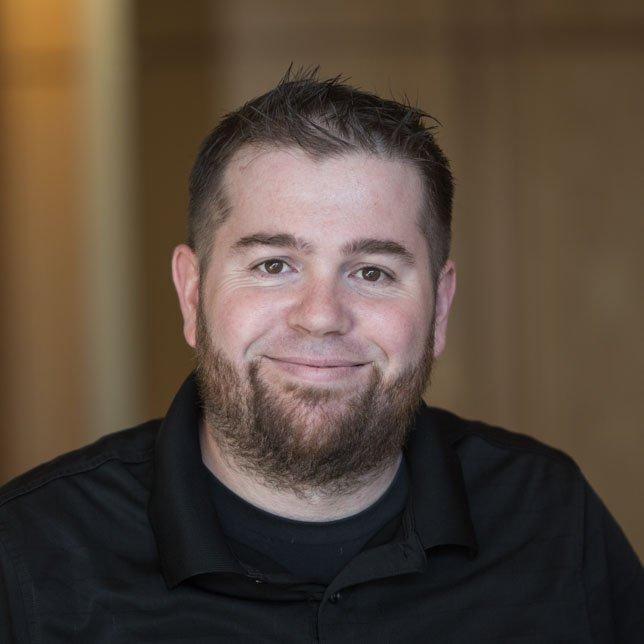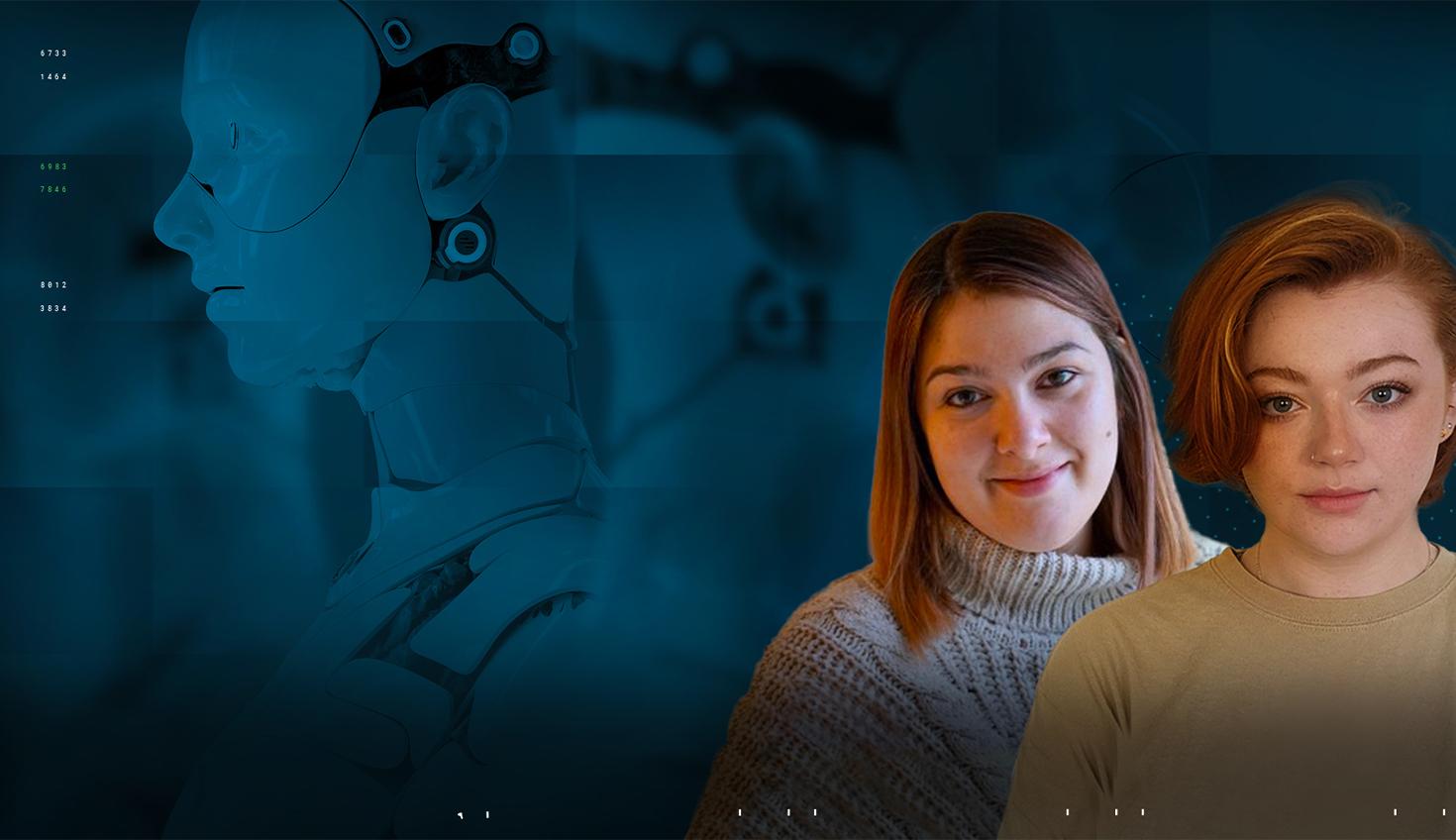
5:29
In February 2023, OX Delivers founder Natalie Dowsett was moved by the inspiring story of a woman selling bananas at Nyamagabe Market, Rwanda. To gather her stock, the woman would need to travel miles by foot to a rural market. What she couldn’t afford was renting a truck to transport those goods back to her stall.
Traders across Sub-Saharan Africa grapple with similar challenges daily. The distance of this particular woman’s route stretched beyond what she could manage on foot; her only option was to wait to hitch a ride from a passing vehicle with extra space for her goods.
Of course, the wait for such a ride could last multiple days and nights. Dowsett explained female sellers would often need to form cooperatives and hire security guards to watch over them for means of safety as they slept.
OX Delivers’ introduction in Rwanda, however, is transforming the lives of these women.
An OX Truck in Rwanda is ready for delivery. (Courtesy: OX Delivers)
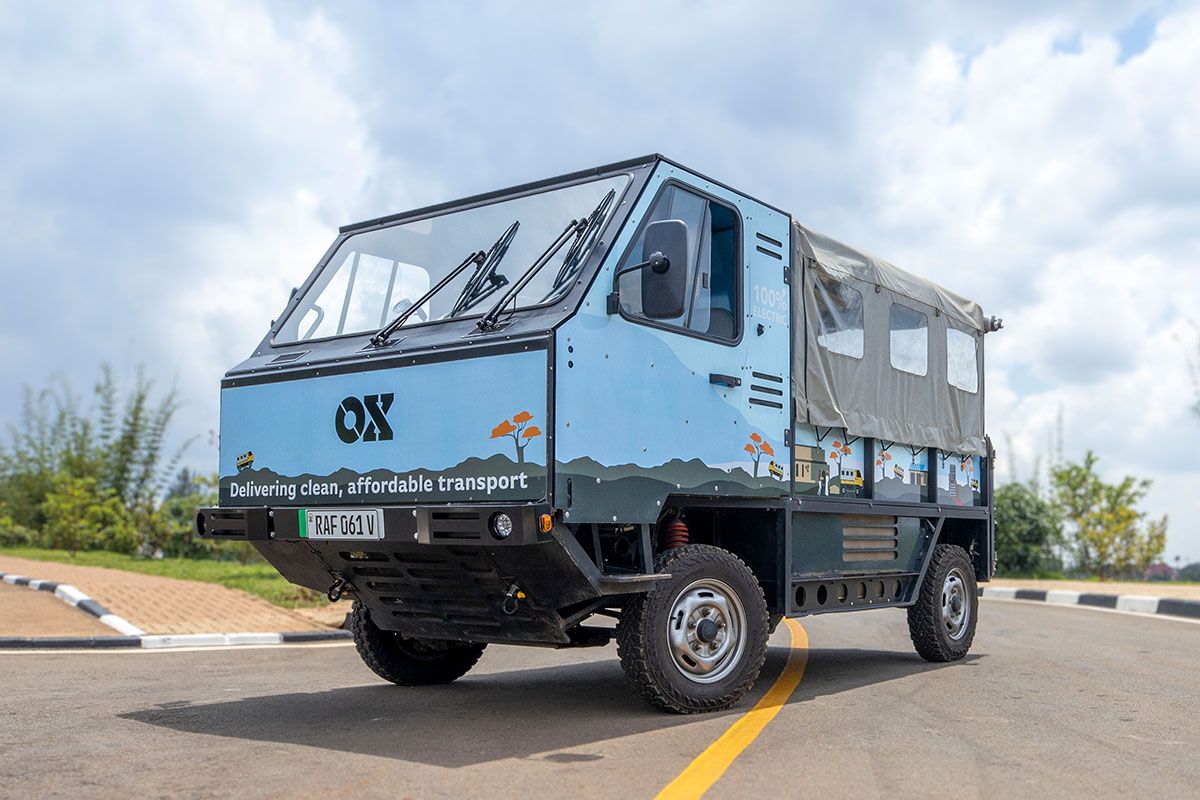
Harnessing Technology for Global Good: the OX Truck
OX Delivers, a UK-based startup, aims to reshape the transport sector in emerging markets by offering affordable, eco-friendly transportation. The company’s technology – the OX truck – serves as a lifeline for people globally who lack access to motorized transport. The inability to transport goods effectively, especially in Sub-Saharan Africa, impedes the growth of local businesses. Onshape co-founder, Jon Hirschtick, discussed the logistics of this novel business and more with Dowsett, along with OX engineer, Kristiana Hamilton, during a recent episode of “Masters of Engineering.”
“At OX Delivers, we are developing transport as a service in emerging markets,” said Dowsett. “That is clean (and) affordable transport for the three billion people in the world who don’t have access to motorized transport and that prohibits people from building prosperous businesses.”
Of those 3 billion, a third reside in Sub-Saharan Africa where nearly half the population are small-scale farmers. The steep, muddy hills of the terrain make it nearly impossible for traders to transport their batches of fresh produce to markets before spoiling.
The United Nations Environment Programme (UNEP) estimates that 14 percent of the total produce farmed for human consumption is lost during food transport, creating an unsustainable cycle of waste and income loss for farmers.
Living in well-developed regions can sometimes cause us to overlook the harsh realities faced by many countries around the globe, surrounding food transport, where access to basic infrastructure remains a pressing challenge.
Surprisingly, even today, 70% of the goods in Africa are transported on the heads of women and children due to the scarcity of paved roads.
One cost-effective alternative to renting expensive trucks for farmers is using bicycles to move goods. Throughout Rwanda, young vendors can be seen biking hundreds of miles beneath oversized loads. Considering the country’s reputation as Le Pays des Mille Collines, “land of a thousand hills,” this is not a feat to understate.
Of course, having to load 200 kilos on the back of a pushed bike riding downhill with hairpin turns is especially dangerous. Potential risks include veering off-road and acquiring serious injuries in situations where cyclists lose control.
Not being able to afford traditional heavyweight trucks, Dowsett understood these people needed a low-cost alternative electric vehicle.
Named the OX, the lightweight truck is composed of durable plywood panels that can be shipped in flat packs and then assembled locally in a day, without any special tools. Rather than being made with metal press-ins or plastic components as traditional automotive vehicles are, engineers at OX envisioned a more sustainable approach. OX trucks can be shipped globally and conveniently assembled upon arrival, similar to IKEA products.
A CAD model of the OX Truck in Onshape.
Uber for Potatoes: A Unique Approach to Goods Transportation
The OX is able to carry double the load despite its smaller size. Hamilton accredits this to the vehicle’s design to maximize space over aesthetic add-ons. While the OX truck resembles a rather peculiar boxy-shape, the vehicle can be charged with solar energy and hold up to two tons of goods.
The Chilled OX project, in particular, will develop a “demountable, solar-powered refrigeration unit” for an electric version. As the World Bank reported as of 2020, Rwanda wastes 40 percent of food produced due to limited resources for a cold chain.
“You could say we’re Uber for potatoes,” said Dowsett. “The main differences would be our DriversPlus model.”
She explains the DriversPlus Strategy provides food and accommodation for drivers as well as childcare. DriversPlus are trained to care for and maintain the OX trucks, own their own depot P&L, and cultivate community relations.
“We have no interest in creating a positive social impact in one space whilst creating a negative one in another space,” Dowsett said.
Instead of renting an entire truck to move produce, OX Delivers gives local farmers the option to pay to move select sacks of goods so they are only paying for what they need on a per kilogram, per kilometer basis. Clients in Rwanda can call the toll-free number or go through the app compatible with 2G cell phones.
OX Truck being unloaded in Rwanda. (Courtesy: OX Delivers)
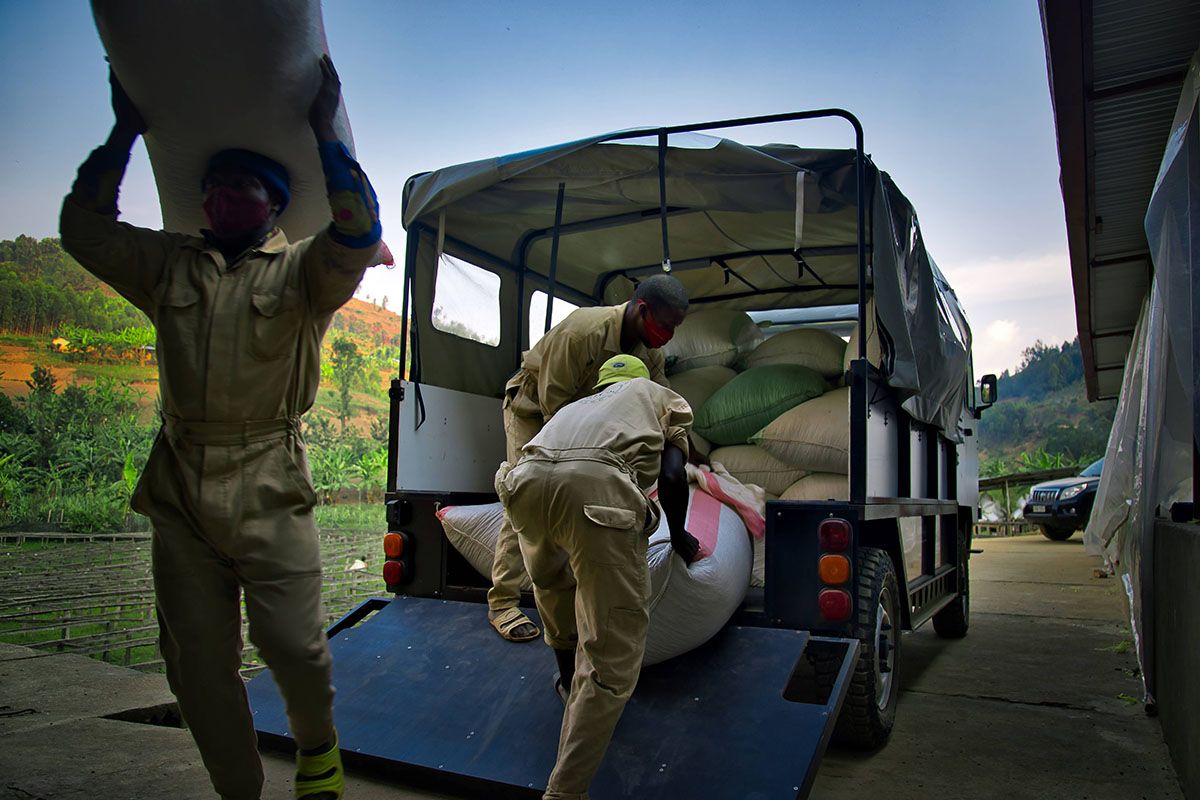
Empowering Change: An Engineer's Journey with OX Delivers
When asked why they do what they do, Hamilton reflected on her experience visiting Rwanda. She spoke about the steep and muddy hills that make it both difficult and dangerous for locals to transport food from farms to markets
From the ripe age of 11, Hamilton knew she wanted to pursue a career in automotive engineering. After graduating from the University of Warwick, she went on to work in a variety of sectors until she heard about OX Delivers by word of mouth from a friend. She saw the job as an opportunity to help large groups of people grow in their own communities.
“One of the main things I’ve seen was how excited they were by what we could offer,” said Hamilton. “Especially (being) based in the UK to be as privileged as I am and a lot of us at OX are, (it’s touching) to actually really see that impact and understand it.”
Hearing such stories can help us understand how technology, when wielded appropriately, is making a positive impact across the globe.
If you enjoyed this episode, consider checking out a recent episode on how Pull to Refresh is harnessing seaweed to reverse climate change in our oceans.
Subscribe to Jon Hirschstick’s “Masters of Engineering” podcast to listen to more backstories behind innovative products changing lives around the world.
Onshape Case Studies
Learn how forward-thinking companies are accelerating time-to-market, reducing overhead, and boosting innovation with cloud-native Onshape.
Latest Content
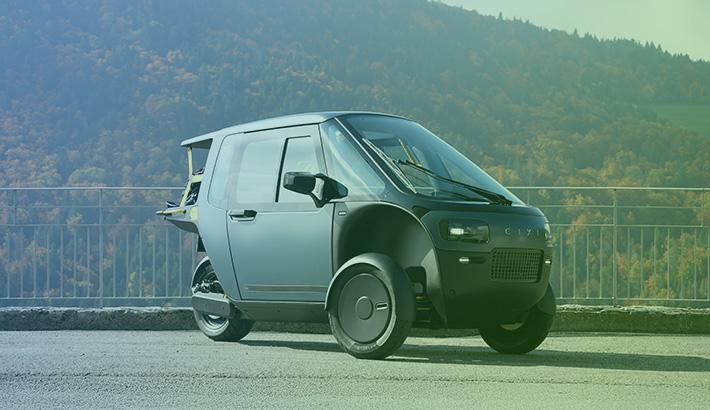
- Case Study
- Automotive & Transportation
Zero Crashes, Limitless Collaboration, One Connected Workflow With Cloud-Native Onshape
12.04.2025 learn more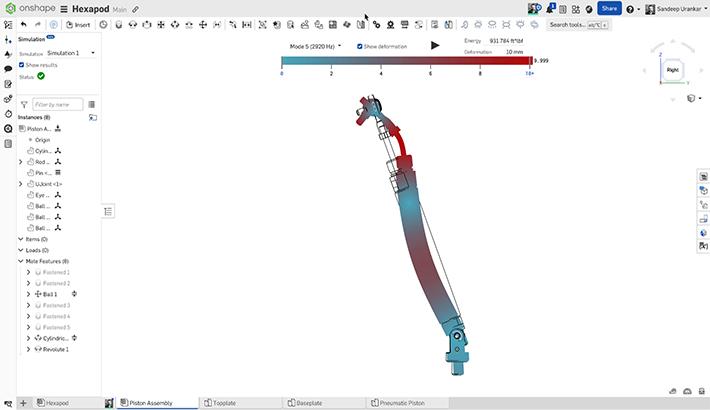
- Blog
- Becoming an Expert
- Assemblies
- Simulation
Mastering Kinematics: A Deeper Dive into Onshape Assemblies, Mates, and Simulation
12.11.2025 learn more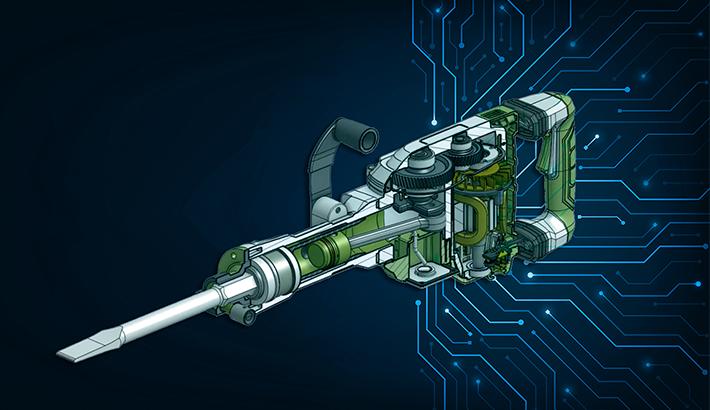
- Blog
- Evaluating Onshape
- Learning Center
AI in CAD: How Onshape Makes Intelligence Part of Your Daily Workflow
12.10.2025 learn more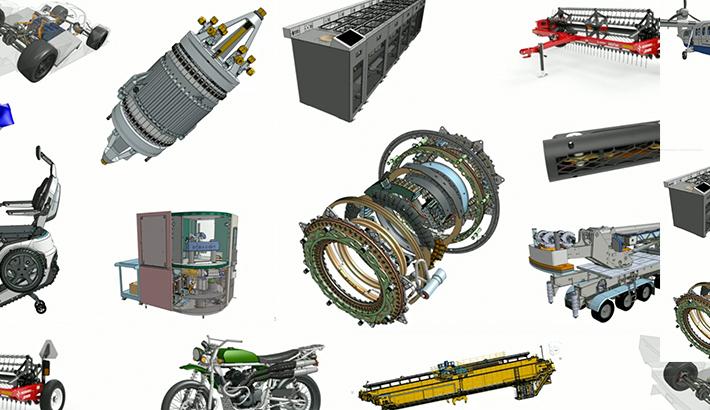
- Blog
- Evaluating Onshape
- Assemblies
- Drawings
- Features
- Parts
- Sketches
- Branching & Merging
- Release Management
- Documents
- Collaboration
Onshape Explained: 17 Features That Define Cloud-Native CAD
12.05.2025 learn more


